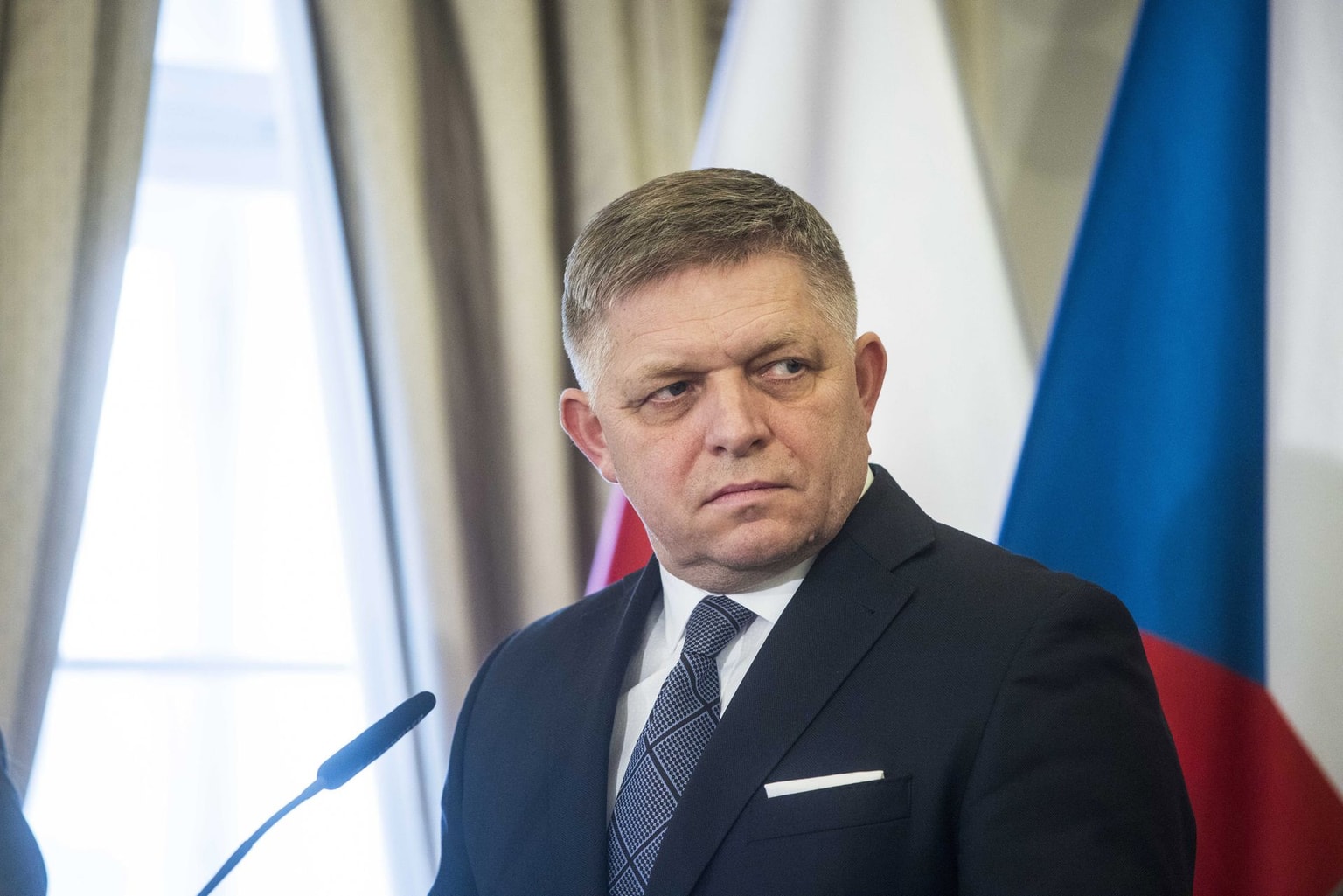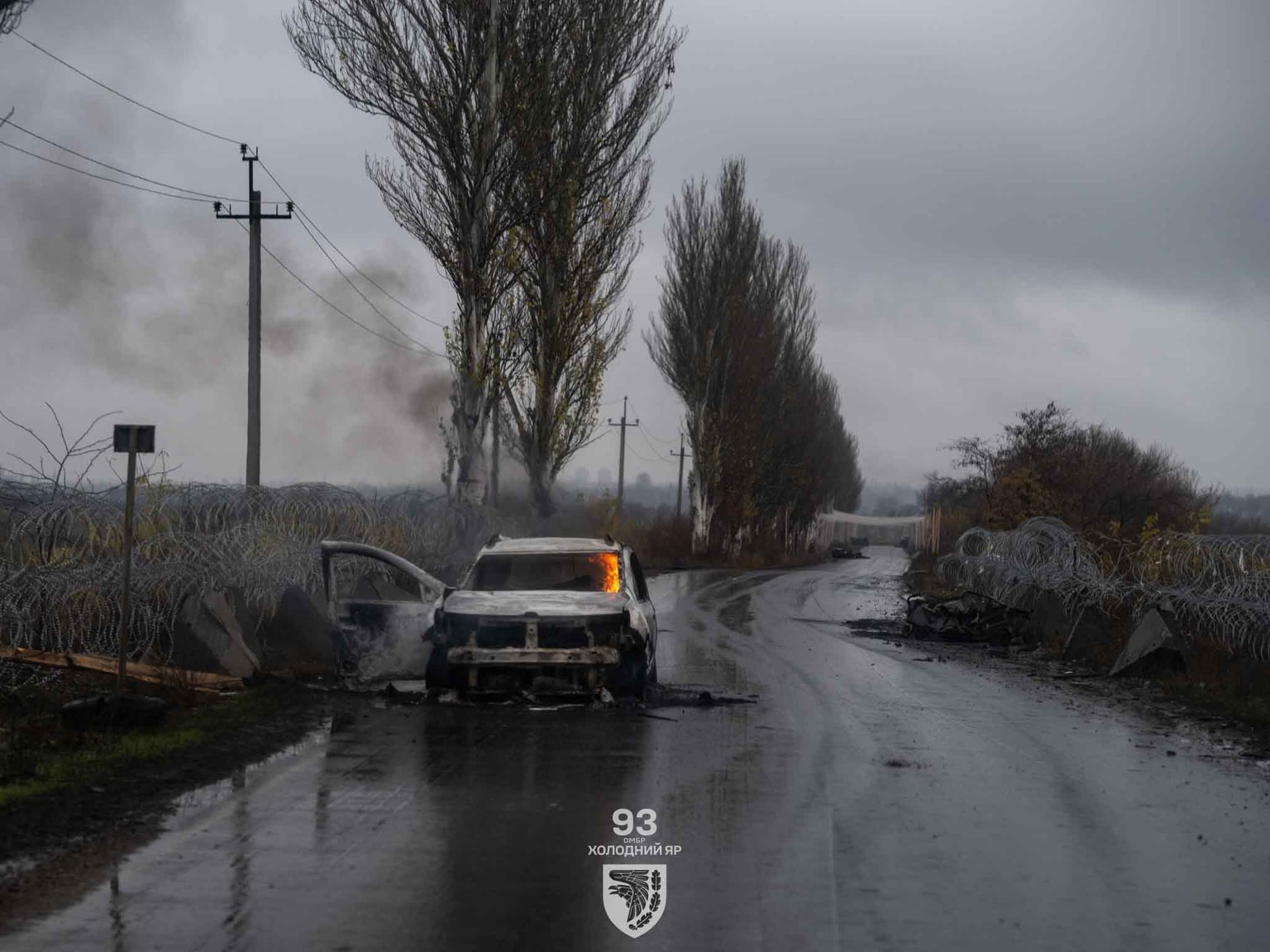
Russian oil news
News Feed
US, Israeli missiles strike Iran — here's what it means for Russia
"Our objective is to defend the American people by eliminating imminent threats from the Iranian regime," Trump said in a video posted to his Truth Social, confirming U.S. invovlement in the strikes.

'Freedom to the Iranian people' — Kyiv voices support for US-led strikes on Iran
"The reason for the current events is precisely the violence and arbitrariness of the Iranian regime, in particular the murders and repressions against peaceful protesters, which have become particularly large-scale in recent months," the Foreign Ministry said in its Feb. 28 statement.

Ukraine sanctions Russian postal services delivering to occupied territories, Zelensky says
Among the companies sanctioned are Russian DPD service and Freightlink, joint-stock companies registered in Russia, according to a document attached to a decree published on the Office's website, signed by Zelensky on Feb. 27.

Russia condemns US attack on its ally Iran as 'unprovoked act of aggression'
Russia and Iran have deepened cooperation in recent years, with Tehran supplying drones and other military equipment used by Russian forces in the war against Ukraine.

Reporter's notebook: What a factory says about Ukraine’s economy
The western part of war-torn Ukraine lies in the space between normalcy and reality. More tourists, more construction, more skiing. Fewer air raids, fewer blackouts, fewer speeding khaki pickup trucks. But no part of the country is immune to the effects of war. A local library hangs photographs of young men and women killed in action. Graveyards fly blue and yellow. Brigades advertise jobs on large billboards lining the highway. Driving past a small, unremarkable two-story building, my guide

At least 4 killed, 25 injured in Russian attacks against Ukraine over past day
Russian troops launched an Iskander-M ballistic missile and 105 drones of various types, including about 60 Shahed drones, the Air Force said on Feb. 28. It reported downing 96 drones in the north, south, and east of the country.

Most Popular

The drone hit a tree around 3 p.m. local time in Kyivskyi district on Feb. 25. No casualties were reported, the regional prosecutor's office said.

















